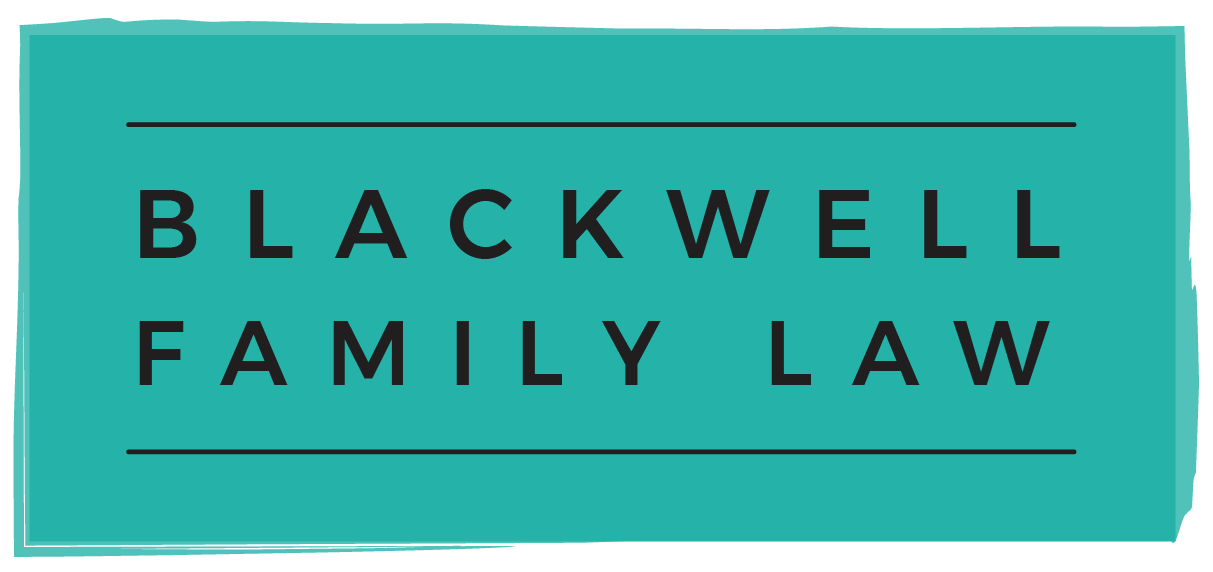Did you know that Canada ranks only 56th out of 128 states in term of access to justice in civil legal matters? Former Chief Justice Beverly McLachlin shared that troubling statistic during the Committee on Access to Justice’s “Access to Justice: People First” program that I attended by Zoom on Tuesday. The “conversation” between Beverly McLachlin, Bob Rae and Megal Longley was moderated by CBC’s Duncan McCue. They all agreed that the Covid-19 pandemic has highlighted inequities in our society and justice system that have existed for a long time. And, they agreed that now is the moment to seize the opportunity to make real change and truly improve access to justice for all. The discussion, as might be expected from such an esteemed panel, was thoughtful and thought-provoking. I have set out below the “take-away” ideas from each speaker that really stood out to me.
Beverly McLachlin noted the importance of increasing band-with in remote areas and affordable internet services everywhere. She pointed out that the innovations in legal technology that our courts are finally embracing will improve access to justice for Canadians, but that we will leave low income Canadians and those in remote locations behind if we don’t address challenges to access to technology at the same time. Bob Rae mused about Covid-19 being the great “revealer” and about the opportunity to share legal information and access to technology through community legal hubs, such as legal clinics and libraries. And Megan Longley, the director of Nova Scotia’s Legal Aid, talked about helping people at early stages “way before they get to a courthouse”. She suggested that New Zealand’s wrap-around service model, where all legal and related services are available at one location, is an international innovation that is worth looking at and adapting for Canada.
Duncan McCue asked about cultural competency training for lawyers and judges, which was one of the recommendations of the Truth & Reconciliation Commission. The panel acknowledged that there has been some progress on that front, but that it has been slow. From my personal experience, I have noticed that there has been a significant increase in the continuing education programs available to lawyers that are devoted to indigenous and racialized perspectives. Lawyers in Ontario are now required to complete 1 hour per year of professional development related to Equality, Diversity and Inclusion. This requirement is certainly a step in the right direction because it helps us broaden our mindset and ensure that we can better serve the diverse community in which we live. But, it’s certainly going to take more than one hour per year to reach this goal.
Let’s take these ideas and put them into action. Duncan McCue’s reminder about the call to action from the Truth and Reconciliation Commission has inspired me to move from being interested in to actually registering for FDRIO’s “First Nation’s Insights on Family Law” webinar on July 10. Bob Rae’s idea about legal technology hubs got me thinking. I know that the Toronto Public Library has already launched an Internet Connectiviy Kit program which provides a free laptop and unlimited Wifi to vulnerable residents for 4 months and a Wifi Hotspot Lending Program which lends devices to eligible residents for up to 6 months. (See https://torontopubliclibrary.typepad.com/news_releases/2020/05/free-internet-connectivity-kits-from-the-library-provide-vital-connection-for-some-of-torontos-most-.html.) If our “new normal” is going to include virtual court hearings, why not have private rooms available in community centres such as libraries that can be reserved where free internet, a computer and a safe space is available for someone who does not have access to those resources at home? It would not be a big stretch to expand the current Toronto Public Library programs to include this type of service.
How do we make sure that our society seizes the moment to make these needed changes? Bob Rae says that the political will to make the changes will be there because it is less expensive to have a more accessible and efficient system. And, people are demanding it. Beverly McLachlin says that governments need to feel that they have the public behind them to have the confidence to push these changes forward and budget the funds needed to make them happen. That means that those of us who have experience with access to justice challenges, either as lawyers or as individuals accessing the justice system, must tell our MP’s and MPP’s that we need and want these changes. Let’s share our ideas and keep the conversation about access to justice going. Let’s actually seize this moment and improve access to justice for all.

